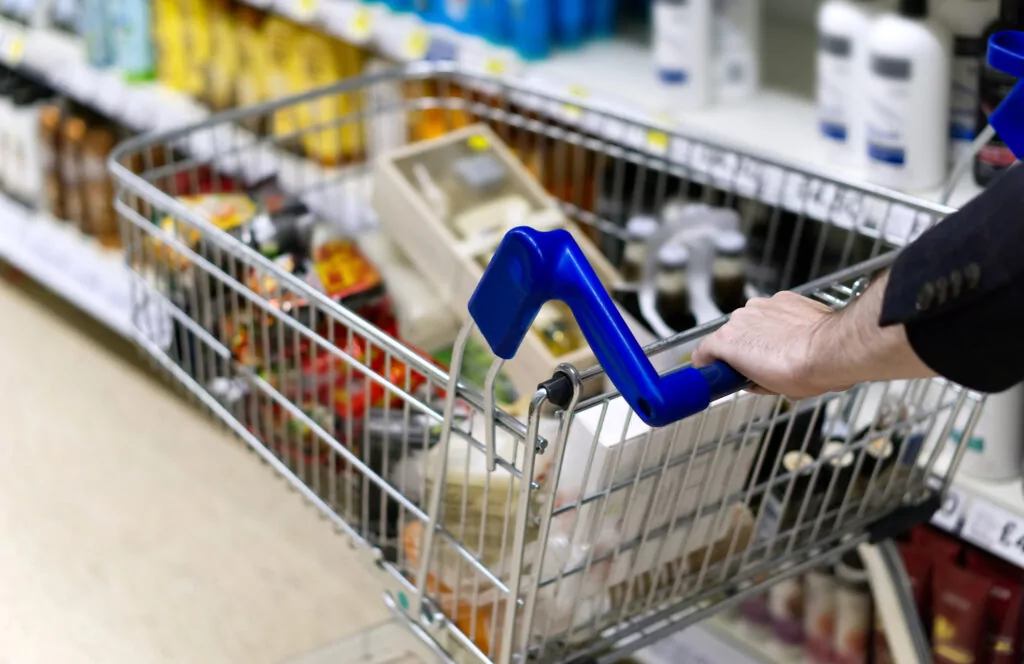
Don't forget about Plastic Packaging Tax

By Nathan Peacey, Tim Williamson, Alastair Nuttall, Jos Style
19 May 2022 | 3 minute read
This new tax which came into effect on 1 April 2022 has financial, contractual, due diligence and compliance implications for many businesses including retailers and manufacturers.
A survey by waste management company Veolia carried out just before the Plastic Packaging Tax ("PPT") was introduced in April 2022 showed that nearly 80% of businesses were unprepared. Recent surveys show that only 10% of businesses are confident they fully understand the implications of the tax for their business.
It is important PPT doesn’t slip off the radar of businesses that buy, use, sell or make plastic packaging. Even if your business does not have primary responsibility for paying PPT, it is likely you will need to carry out and record supply chain due diligence.
What is PPT?
From 1 April 2022 businesses may be liable to pay PPT when producing or importing certain "finished" plastic packaging components that are made up of less than 30% recycled plastic (by weight). Examples include single use bottles, product labels, pallet shrink wrap, gift wrapping, plastic bags and ready meal trays.
A plastic packaging component is chargeable to tax if the proportion of the plastic in the packaging component is made up of less than 30% recycled plastic (by weight). Tax is payable of £200 per metric tonne of chargeable plastic packaging components (subject to a minimum threshold of 10 tonnes).
Who is liable and who pays PPT?
Businesses may have primary liability to pay PPT to HMRC if they
- Import plastic packaging.
- As a manufacturer, undertake the last substantial modification to the plastic packaging component before the packing or filling process. HMRC gives examples of substantial modifications including moulding, printing, or forming.
To have primary responsibility for accounting for PPT businesses need to import or manufacturer 10 or more tonnes of plastic packaging in a 12-month period or will do so in the next 30 days (see slightly different rules that apply between 1 April 2022 and 30 March 2023 below).
Many businesses will purchase finished plastic packaging components from other UK businesses (as opposed to importing them or manufacturing the packaging components themselves). In this scenario their packaging suppliers will hold primary responsibility for accounting to HMRC for, and paying, PPT.
Impact on secondary users
Even if not primarily responsible, businesses should still pay attention to PPT for two reasons:
- Firstly, PPT costs may be passed on to businesses by packaging suppliers. The legislation contains a statutory right for the supplier of packaging to adjust the amount of contractual payments under existing contracts to pass on the tax to the customer (s70 Finance Act 2021). Surveys since the commencement of PPT show that 60% of businesses are reporting increased packaging costs.
- Secondly, HMRC expects all businesses that import, manufacture or purchase plastic packaging to carry out and record supply chain due diligence at least every 12 months to make sure PPT is being paid. Those who buy plastic packaging made or imported by others such as retailers may be held joint and severally liable if their suppliers are breaking the rules. HMRC is not prescriptive about due diligence checks so long as checks are ‘relevant, reasonable and proportionate for your business’. HMRC guidance gives examples of what checks could include.
Potential penalties
PPT compliance is important. Penalties include up to 7 years imprisonment and/or a substantial fine for evading payment of PPT (or fraudulently claiming credits or entitlements) or for recklessly or knowingly entering false information into a PPT return.
Administrative or procedural failures in areas such as record keeping, making payments and preparing PPT statements, can lead to a fixed penalty of £500 and a daily penalty of £40.
What businesses should do
Businesses should:
- Undertake supply chain due diligence to establish tax liability and/or ensure PPT compliance by supply chain partners.
- Review existing and any future packaging supplier contracts to address liability for PPT.
- Review packaging specifications to see if plastic can be removed / replaced with recycled plastic to minimise tax liability and reduce environmental impact.
- Assess if PPT registration is necessary (if you manufactured or imported 10 or more tonnes of finished plastic packaging components within the previous 12 months, or expect to do so in the next 30 days. Between 1 April 2022 and 30 March 2023 businesses should look back to 1 April 2022. So a business should register if it has imported or manufactured 10 or more tonnes of finished plastic packaging components since 1 April 2022, or expects to do so in the next 30 days, whichever occurs sooner).
- Factor PPT into reporting and consideration of company and group ESG goals.
For more information on what PPT may mean for your business, please contact Tim Williamson or Nathan Peacey.













